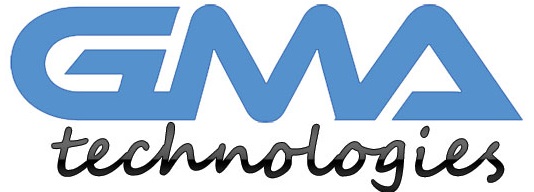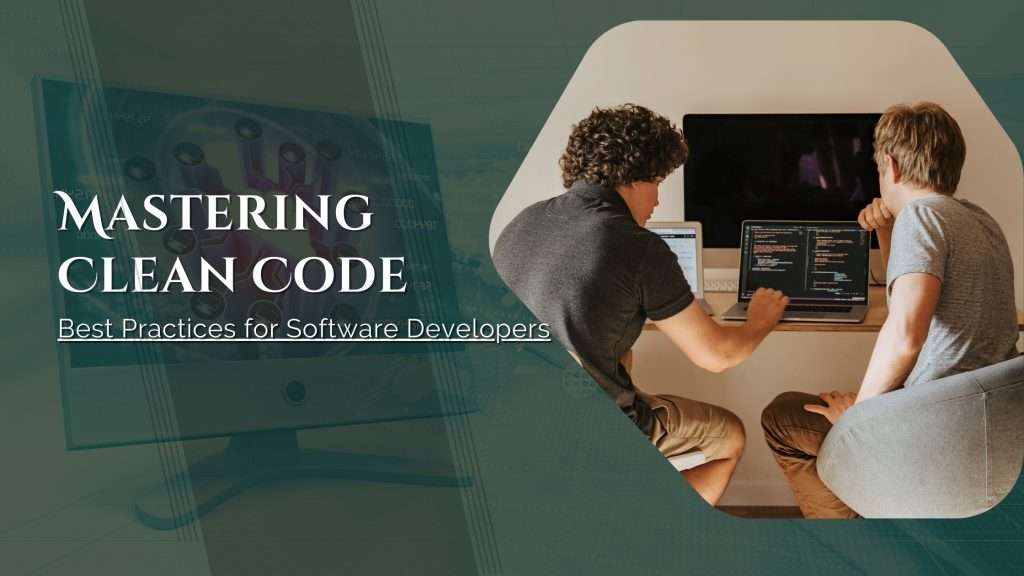Attention all software developers! Are you tired of staring at messy and incomprehensible code that looks like a tangled web? Well, it’s time to break free from the chaos and unlock the secret to writing clean and elegant code. Whether you’re a budding programmer or an experienced developer looking to level up your skills, this blog post is here to guide you on your journey to mastering clean code.
Join us as we delve into the world of best practices, industry standards, and techniques that will transform your programming game forever. Get ready for a revolution in readability, maintainability, and overall coding happiness – because nothing beats the satisfaction of creating beautiful code!
What is Clean Code?
Clean code is code that is easy to read and understand. It is well-organized and follows conventions that are widely accepted by the software development community.
Clean code is important because it makes your code more maintainable and easier to change. This means that you can spend less time fixing bugs and more time adding new features. In addition, clean code can improve the performance of your applications by making them more efficient.
There are many different ways to write clean code, but some of the most important principles include:
• Use clear and concise variable names
• Write short functions that do one thing and do it well
• Avoid duplication
• Format your code consistently
• Comment your code when necessary
adhering to these principles will help you write clean code that is easy to read and understand.
Benefits of Writing Clean Code
There are many benefits to writing clean code. The first benefit is that it makes your code more readable and understandable. When your code is clean, it is much easier for other developers to read and understand what you have written. This can save a lot of time and frustration when working on collaborative projects.
Another benefit of clean code is that it is more maintainable. Code that is messy and difficult to understand is also difficult to maintain. This can lead to a lot of wasted time trying to figure out what changes need to be made, and how to make them without breaking the code. Clean code is easier to modify and update, which can save a lot of time in the long run.
Clean code just looks better. It reflects well on you as a developer when your code is easy on the eyes and well organized. This can give you a professional edge over other developers who do not write clean code.
Commenting and Documentation
Any computer program, no matter how small, is composed of code. And whether you’re a novice or a seasoned veteran, writing clean code is always a challenge.
But what is clean code? In general, it’s code that is easy to read and understand. It follows conventional syntax and formatting rules. And it’s well-commented and documented.
Here are some tips for writing clean code:
- Use descriptive variable and function names.
-
Write short, concise functions. Avoid deep nesting of code blocks.
-
Add comments to explain your code. But don’t add too many comments – let the code speak for itself.
-
Use consistent indentation and white space. This makes your code more readable.
-
Follow standard conventions for coding in your language of choice. This makes it easier for others to read and understand your code.
Naming Conventions
Naming conventions are an important part of clean code. They help to make code more readable and maintainable.
There are many different naming conventions in use today. The most important thing is to be consistent in the use of a single convention. This will make it easier for others to read and understand your code.
Some common naming conventions include:
Camel case: This is the most common convention in use today. variable names are written in lower case, with each word except the firstcapitalized. For example: myVariableName
Pascal case: Similar to camel case, but all words are capitalize. For example: MyVariableName
Hungarian notation: A system for prefixing variable names with information about their data type. For example, strFirstName for a string variable named FirstName.
There is no one “right” way to name variables. However, using consistent and descriptive names will make your code easier to read and maintain.
Formatting and Indentation
In order to format your code correctly, you will need to use proper indentation. Indentation helps to improve the readability of your code and can make it easier for others to understand. There are a few different ways that you can indent your code, but the most common way is to use four spaces for each level of indentation.
When you are indenting your code, you should also be sure to put blank lines between sections of code so that they are easier to read. You can also use comments to help explain what certain sections of code do.
Formatting your code correctly is important not only for readability but also for maintainability. Properly formatted and indented code is much easier to change and modify than code that is not formatted correctly. Be sure to take the time to format your code correctly from the start and it will save you time in the long run.
Testing and Refactoring
When you’ve written some code, it’s important to test it to make sure it works as intended. This is especially true for critical code that needs to be reliable. You can use unit tests to test individual pieces of code, and integration tests to test how different components work together.
Once you’ve tested your code and verified that it works, you may want to refactor it. Refactoring is the process of improving the structure of your code without changing its functionality. This can make your code easier to understand and maintain.
There are many different approaches to testing and refactoring code. The best approach for you will depend on the kind of project you’re working on and your own personal preferences. However, there are some general best practices that all developers should follow:
- Write tests before you write code. This way, you’ll know exactly what your code needs to do, and you can design it accordingly from the start.
-
Make sure your tests cover all the functionality of your code. A good rule of thumb is to have at least one test for each method or function in your code.
-
Write clear and concise tests that are easy to understand. Your tests should be readable by other developers, so they can easily see what they need to do in order to reproduce them.
General Programming Tips
1. Keep your code clean
The first and most important tip for writing clean code is to keep your code clean. This means consistently taking the time to tidy up your code so that it is easy to read and understand. Not only will this make your code more maintainable, but it will also make it easier for others to work with.
2. Follow established conventions
When it comes to coding conventions, there is no one right way to do things. However, following established conventions makes it easier for others to read and understand your code. It also makes your code more consistent, which can be helpful when multiple people are working on the same project.
3. Write self-documenting code
Self-documenting code is easy to read and understand without extensive comments or documentation. This doesn’t mean that you should never comment your code, but rather that you should strive to make your code understandable without them. Good variable and function names, as well as clear and concise comments, can go a long way towards making your code self-documenting.
4. Avoid magic numbers and strings
Magic numbers and strings are values that are used in multiple places throughout the code without being given a clear meaning or context. These can be difficult for others to understand and can lead to errors if they are not used correctly. Where possible, it is best to avoid using magic numbers and strings by declaring them as constants with clear names instead.
Conclusion
Learning how to write clean code is essential for any software developer who wants to produce quality applications and websites. Whether you are new to coding or have been doing it for a while, mastering best practices will help you write more efficient and maintainable code. With the right set of techniques and tools for developing clean code, developers have all they need to ensure that their projects can be completed effectively and with fewer errors.
By understanding these principles, both novice coders as well as experienced professionals can benefit from greater efficiency, faster development times, and simpler debugging of their programs—ultimately leading to better results in the long run.


